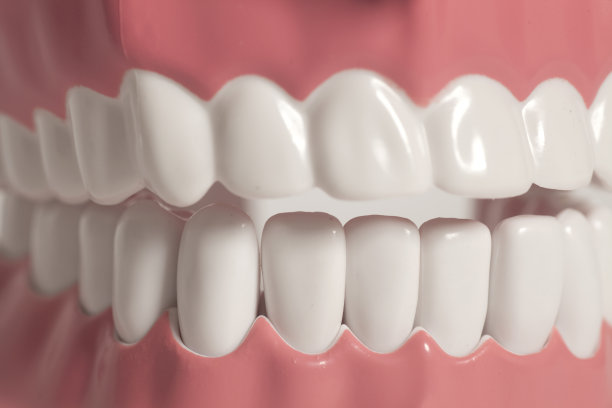Understanding the Importance of Extracting a Tooth for Oral Health and Long-Term Dental Wellness
Summary: Tooth extraction is often viewed with trepidation, but its importance in maintaining oral health and ensuring long-term dental wellness cannot be understated. This article explores four critical aspects of tooth extraction: the prevention of infection, alleviation of pain, enhancement of overall oral health, and the facilitation of future dental treatments. Each of these elements highlights how timely extraction can contribute to a healthier mouth and a better quality of life. By taking a closer look at these factors, we can appreciate the necessity of dental extractions and their role in promoting long-lasting wellness.
1. Prevention of Chronic Infection

One of the most compelling reasons for extracting a tooth is to prevent chronic infections in the mouth. When a tooth is severely decayed or damaged, it can become a breeding ground for bacteria, leading to conditions like abscesses and gum disease. Ignoring the need for extraction can result in the infection spreading to surrounding teeth and potentially entering the bloodstream, posing serious health risks.
By removing the problem tooth, dental professionals can eliminate the source of infection. This action helps to protect the remaining teeth and the overall integrity of the oral cavity. Early intervention through tooth extraction can prevent the need for more extensive treatments down the line, saving both time and money for the patient.
Additionally, the extraction site can serve as a fresh start for oral health. After healing, the mouth is often less prone to infections, leading to better outcomes during future dental visits. This reinforces the idea that proactive tooth extraction can benefit long-term health and well-being.
2. Alleviation of Pain and Discomfort
Chronic dental pain can significantly hinder one’s quality of life. Teeth that are damaged, infected, or decayed often result in ongoing discomfort that can be unbearable. In many cases, tooth extraction serves as a quick solution to alleviate this pain.
Easing the source of discomfort is a primary goal for dental professionals, and extracting a problematic tooth is one of the most effective ways to achieve this. Once the tooth is removed, patients often experience immediate relief and improved overall comfort.
Moreover, by addressing the pain through extraction, individuals can regain their ability to enjoy daily activities, such as eating and speaking. This improvement can markedly boost one’s confidence and emotional well-being, showcasing the importance of considering tooth extraction as a viable relief option.
3. Enhancement of Overall Oral Health
Extracting a tooth can have a positive domino effect on overall oral health. When a damaged or diseased tooth is removed, it creates more space in the mouth, allowing for better alignment and easier maintenance of the remaining teeth. This newfound space can lead to improved oral hygiene practices, as it becomes easier to brush and floss effectively.
Additionally, removing problematic teeth can prevent the further deterioration of surrounding dental structures. For example, if a tooth is severely infected, it can compromise the jawbone and the gums, leading to issues such as bone loss and periodontal disease. By extracting the infected tooth, patients can protect their oral health from these secondary complications.
In the long run, enhanced oral health can lead to fewer dental visits and treatments, contributing to a more positive and less stressful dental experience. Regular check-ups and maintaining adequate hygiene practices become more manageable, reinforcing the idea that tooth extraction can be part of a larger strategy for achieving sustained well-being.
4. Facilitation of Future Dental Treatments
Sometimes, tooth extraction is a necessary step before pursuing more complex dental treatments, such as braces, dental implants, or crowns. In cases where teeth are overcrowded or misaligned, removing one or more teeth can create the space needed for orthodontic adjustments.
Moreover, if a tooth is damaged beyond repair, extraction may be the first step towards successful implant placement. Once the extraction site has healed, dental professionals can recommend appropriate treatments to restore functionality and aesthetics to the patient’s smile.
Facilitating smooth transitions from extraction to future treatments ensures a more strategic, planned approach to dental care. Patients can regain confidence in their smiles while also maintaining optimal oral health with the right follow-up care and attention.
Summary:
Throughout this article, we have discussed the critical importance of tooth extraction in relation to oral health and long-term dental wellness. By preventing chronic infections, alleviating pain, enhancing overall oral health, and facilitating future treatments, tooth extraction emerges as a pivotal procedure in dental care. By understanding its benefits, individuals can make informed decisions about their dental health and well-being.
This article is compiled by Vickong Dental and the content is for reference only



